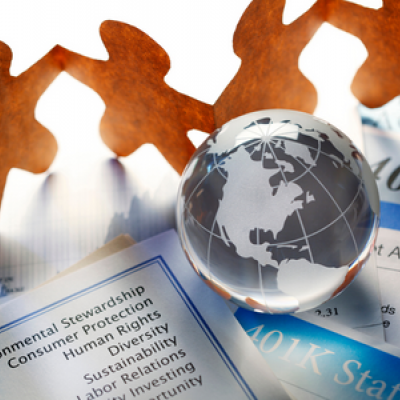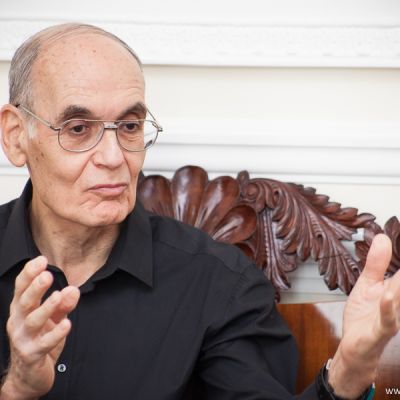QFRG and DSLab seminar with guests from Humboldt University of Berlin and Blockchain Research Center [23.01.2023]
We kindly invite to join the coming seminar organised jointly by the Quantitative Finance Research Group and Data Science Lab.
During the meeting Guests from the Humboldt University in Berlin and the Blockchain Research Center will present three talks:
- 15:00-16:15 “Crypto volatility forecasting: ML vs GARCH” by Prof. Dr. Wolfgang Härdle
Abstract:
Tail risk protection is in the focus of the financial industry and requires solid mathematical and statistical tools, especially when a trading strategy is derived. Recent hype driven by machine learning (ML) mechanisms has raised the necessity to display and understand the functionality of ML tools. In this paper, we present a dynamic tail risk protection strategy that targets a maximum predefined level of risk measured by Value-At-Risk while controlling for participation in bull market regimes. We propose different weak classifiers, parametric and non-parametric, that estimate the exceedance probability of the risk level from which we derive trading signals in order to hedge tail events. We then compare the different approaches both with statistical and trading strategy performance, finally we propose an ensemble classifier that produces a meta tail risk protection strategy improving both generalization and trading performance.
16:15-16:30 coffee break
- 16:30-17:10 “Cross-exchange Crypto Risk: A High-frequency Dynamic Network Perspective” by Yifu Wang, M.A.
Abstract:
Cross-exchange trading induces risk spillover in the crypto market, especially for centralized exchanges, which compound crypto volatility and counterparty risk. We propose a Multivariate Heterogeneous AutoRegression for Crypto Market (MHAR-CM) to specifically investigate interconnectedness among 9 different exchanges on Bitcoin in a high-frequency resolution via dynamic partial correlation networks. MHAR-CM accommodates the stylized facts of Bitcoin, such as trading 24/7 and the long-memory effect on returns. The monthly dependence coefficients of MHAR-CM reflect the evolution of Bitcoin returns and the persistent influence of events. We find that the scale of an exchange determines its influence towards the others, and the interconnectedness among these exchanges is stronger during a crisis. We also conclude with some remarks on FTX due to its recent bankruptcy. Furthermore, we demonstrate that a portfolio considering the dynamics of partial correlation networks offers a promising result in terms of risk diversification.
- 17:10-17:40 “Quantinar - The 2P2 Platform for Knowledge Sharing” by Raul Bag, M.A.
17:40-18:00 closing
The meeting will take place on January 23rd, 2022 (Monday) at 3 p.m. in hybrid mode: at the Faculty of Economic Sciences in room 409 and via Zoom platform, direct link: https://bit.ly/qfrg-dslab-seminar, Meeting ID: 982 2842 8808, passcode: 636564.
The event is scheduled for about 3 hours, including discussions and coffee breaks.
Please log in at the latest at 2:50 PM. The presentation will start at 3:00 PM.
Joining a meeting implies consent to the recording. Please turn off cameras and microphones during the presentation and send the questions to the speaker in the chat.




